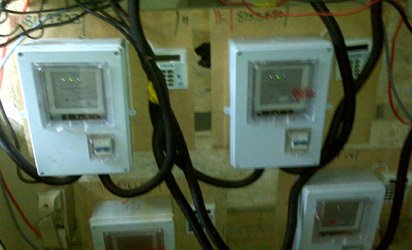
OpeOluwani Akintayo
Lagos — The Nigerian Electricity Regulatory Commission, NERC, said the Power Sector Recovery Programme, PSRP, has proposed the elimination of tariff support in the electricity market by the end of 2021.
In a newly-released consultation report on tariff, the regulator said, however, the end of subsidy would affect all except the less privileged customers who would continue to be supported under the Consumer Assistance Fund or any other intervention.
The PSRP is a series of policy actions, regulatory, operational, governance and financial interventions to be implemented by the Federal Government. It was approved in 2017 by the Federal Executive Council, FEC with its major object of restoring the Nigerian Electricity Supply Industry, NESI to financial viability and reset it for future growth.
With allowed tariffs charged by distribution companies, DisCos consistently lower than prudent cost-reflective levels since takeover by core investors, the GenCos have over the years been significantly underpaid in the settlement of their invoices.
This remained the situation until the federal government provided a loan to NBET to enable the electricity trader honour its invoices for energy and capacity, pursuant to the Power Purchase Agreements executed with the GenCos.
In this respect, the federal government had provided a sum of ₦701bn for the period 2017-2018 and a further sum of ₦600 billion approved to cover the period from January 2019 – March 2020.
While the intervention so far represents an unsustainable fiscal burden on the Nigerian treasury, the total tariff-related revenue shortfall for all market participants for the period 2015 – 2019 is in the sum of ₦1.72trillion.
With the gradual withdrawal of federal government’s intervention on tariff support, it is planned that tariffs would gradually be increased to allow the utilities to, in line with the provisions of the EPSRA, recover their efficient cost of operation and a reasonable return on investment while freeing up the subsidy funds for government’s utilisation in other critical sectors of the economy. However, the proposed rate increase would only be on the basis of a full understanding of the Performance Improvement Plans being proposed by the companies, with sanctions for failure to deliver on the said plans.
“Noting that the core investors in DisCos are under contractual obligations to reduce the loss levels in the industry, it is expected that tariffs would eventually come down as a result of the efficiency gains and increased energy throughput”, NERC said in the new report.
In order to mitigate the impact of rate shock on consumers, it is being proposed that the gradual increase of tariff commences on April 1, 2020.



